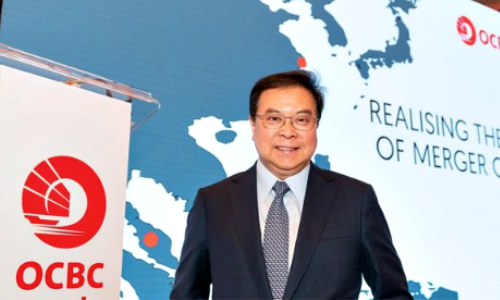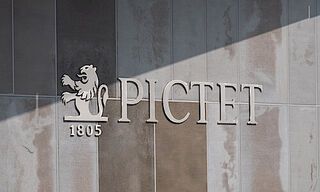The chief of Oversea-Chinese Banking Corp has signaled that he favors internal candidates over external ones to succeed him when the time comes.
Samuel Tsien, who is in his eighth year as the chief executive officer at Oversea-Chinese Banking Corp (OCBC), wants someone familiar with various parts of the bank to lead, without giving names.
«We have internal candidates who are strong candidates, who have moved around in different functions, who are able to take over the bank in the event of a need,» said Tsien, 65, who was quoted in «Bloomberg»(behind paywall). Singapore's other lenders are pursuing various tracks for management succession: United Overseas Bank's boss recently expressed openness to outsiders while DBS Group Holdings wish to groom leaders from within.
Growing The Bank
Under Tsien's leadership, the group has spent meaningfully to grow its footprints in banking and wealth management. In 2014, OCBC spent $5 billion to take over Wing Hang Bank in Hong Kong. Subsequently, it bought the Singapore and Hong Kong wealth operations of Barclays, helping OCBC’s Bank of Singapore become the sixth-largest private bank by assets in Asia excluding China.
More recently, OCBC was considering a bid for Jakarta-based PT Bank Permata, a move that would have made it Indonesia’s fifth-largest lender by assets. However, the bank walked away after considering Permata a poor fit, people with knowledge of the matter said earlier this month. Nevertheless, Tsien said Indonesia remains a «very attractive market» for the bank.
Expanding Its Third Pillar
The Shanghai-born leader also has ambitions to further expand in insurance, which OCBC counts as its third pillar alongside banking and wealth management. While its insurance arm - Great Eastern Holdings - is well established in Singapore and Malaysia, Tsien said he sees more room for growth in Indonesia and Greater China.
Last year, Great Eastern bought PT QBE General Insurance for $28 million in Indonesia, and Tsien said he would look at other opportunities to grow, including acquisitions.
In Hong Kong, the bank has a 33 percent stake in Hong Kong Life Insurance, which it decided against selling last year. «That operation is quite small. So we are still investing into this corporate but not significantly, as we look for opportunities in this market,» Tsien told Bloomberg.


























